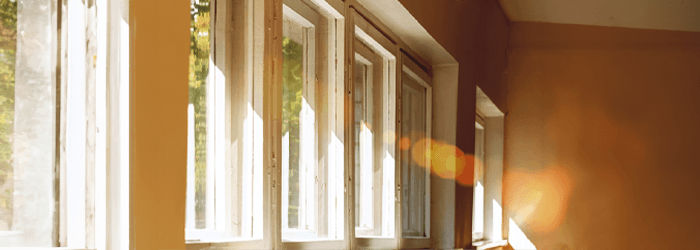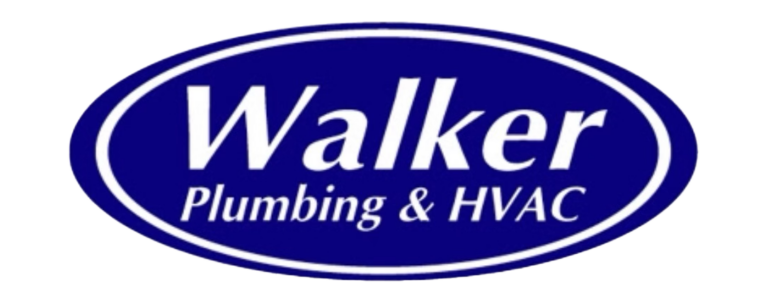If your home was built before the early 1990s, it’s time to start planning the installation of energy-efficient windows. Windows with the Energy Star® rating meet strict energy-efficiency guidelines set by the U.S. Environmental Protection Agency and the U.S. Department of Energy. Investing in windows that meet Energy Star® requirements is more energy efficient than unrated windows and worth the investment.
Control Temperature & Lower UV Exposure
Older homes generally have single-pane, aluminum-frame, clear-glass windows, which are the perfect path for hot air to flow into your home. Keeping a room cool with windows that reduce UV rays is important.
With older windows, when you are paying to cool warm air in the summer or warm cool air in the winter, your windows might let the indoor air escape to the outdoors. Older windows let the sun’s hot rays in during the summer, thus making air conditioners work overtime. They have an R-value as low as R-1.
R-value is a measurement of how much heat can get through the window in an hour. Windows with a high R-value allow less heat to enter your home. The greater the R-value, the greater your energy savings will be.
However, if you shop for windows today, according to the National Fenestration Rating Council (NFRC), the R-value of a window is no longer commonly used to measure its energy efficiency. Instead, the U-factor, also called U-value, is used to determine the insulating efficiency of the window and all of its components.
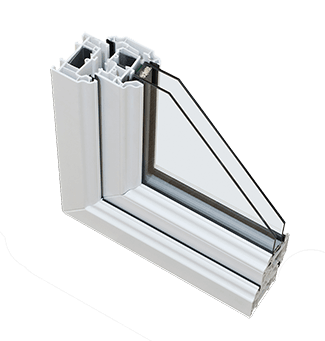
The U-factor measures how well a product can keep heat from escaping from the inside of a room. The lower the number, the better a product is at keeping heat in. The range is 0.20 to 1.20. NFRC recommends windows with low numbers.
Fun Fact: Fenestration refers to all things related to windows, doors, and skylights. It originated from the Latin word “fenestra,” meaning “opening.”
Also, choose a window with a low-emissivity (low-e) or spectrally selective coating to prevent heat from penetrating the glass in the summertime. Impact-resistant low-e insulating glass blocks out nearly 100% of harmful UV rays. This helps protect furniture, carpet, and window treatments from fading.
Go all the way and consider upgrading to double-paned windows with gas injected between the panes and low-emissive (low-e) coating on the glass.
Energy Star says that their certified windows lower household energy bills by an average of 12 percent. Though you may not see an immediate monetary return on investment, you will feel it in the comfort of your home. It can also increase the value of your home.
Exterior Window Treatments
Solar Screens
Solar screens look similar to insect screens and can reduce solar heat gain, UV damage, and glare. They are attached outside and allow you to open the window without letting pests in or letting pets out.
The openness factor on solar screens varies and affects the efficiency benefits; greater openness reduces the protection against glare and solar heat gain but increases visibility and light transmission.
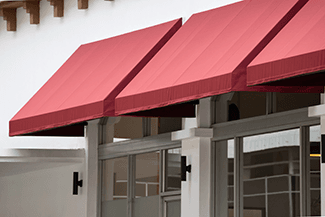
They can block UV rays and reduce heat gain while preventing the colors from fading on your interior furnishings.
Awnings
Awnings, whether fixed or retractable, can reduce solar heat gain in the summer by up to 65% on south-facing windows and 77% on west-facing windows.
While awnings can save energy during the cooling seasons, they can increase the energy used for heating. You can adjust its use depending on the season. Roll up adjustable or retractable awnings in the winter to let the sun warm the house. Hardware, such as lateral arms, makes the rolling-up process easy. Some awnings can also be motorized for easy operation.
Shutters
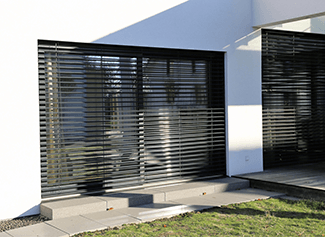
Plantation shutters with louvers that allow you to adjust the light coming in from outside are still popular. Closed louvers provide insulation against the heat and appeal to buyers when you sell your home.
Shutters are one of the most long-lasting options. They are sold by the square foot and can be constructed from wood or faux material that looks like wood. Dusting or washing the louvers is relatively easy. Let in more light by opening the louvers on shutters or opening the entire shutter itself.
Roller Blind Shades
Installed on rollers inside the window frame and available in different opaqueness or transparency, you can block out the UV rays and still see the view outside. Roller blinds operate manually with chains or cords or by motorized versions. There are windows that have the blinds in the interior of the window as well.
Install shades lined with blackout fabric to completely block light from the outside, which is ideal for people who need to sleep in total darkness. Pair shades with drapes or curtains to provide maximum privacy.
Insulated Cellular Shades
Made of pleated materials that fold like an accordion, these shades contain one or more air layers in a honeycomb cross-section.
They are typically considered to have the highest R-values of all window coverings. The air pockets in the honeycomb cross-sections act as insulators, increasing the R-value and reducing the conduction of heat through the window.
Energy.gov states that in heating seasons, tightly installed cellular shades can reduce heat loss through windows by 40% or more, which equates to about 10% heating energy savings. In cooling seasons, cellular shades can reduce unwanted solar heat through windows by up to 60%, reducing the total solar gain to 20% when installed with a tight fit.
Whatever option you select, if they will be seen from the street, be sure to get approval from your HOA before installation.
###
PODCAST
Weekly To Do on exterior window treatments. Energy Star rated windows meet strict energy efficient guidelines keeping rooms cool in summer and warm in winter. We discuss why its worth the investment along with shading tips. Knight Air Conditioning’s Carisa Knight assists with a listener email on a possible heat pump problem on a cold morning. Plus other things happening at Rosie On The House.
Podcast Archive With Expanded Content and Resources
PHOTO CREDIT
- Shutterstock

